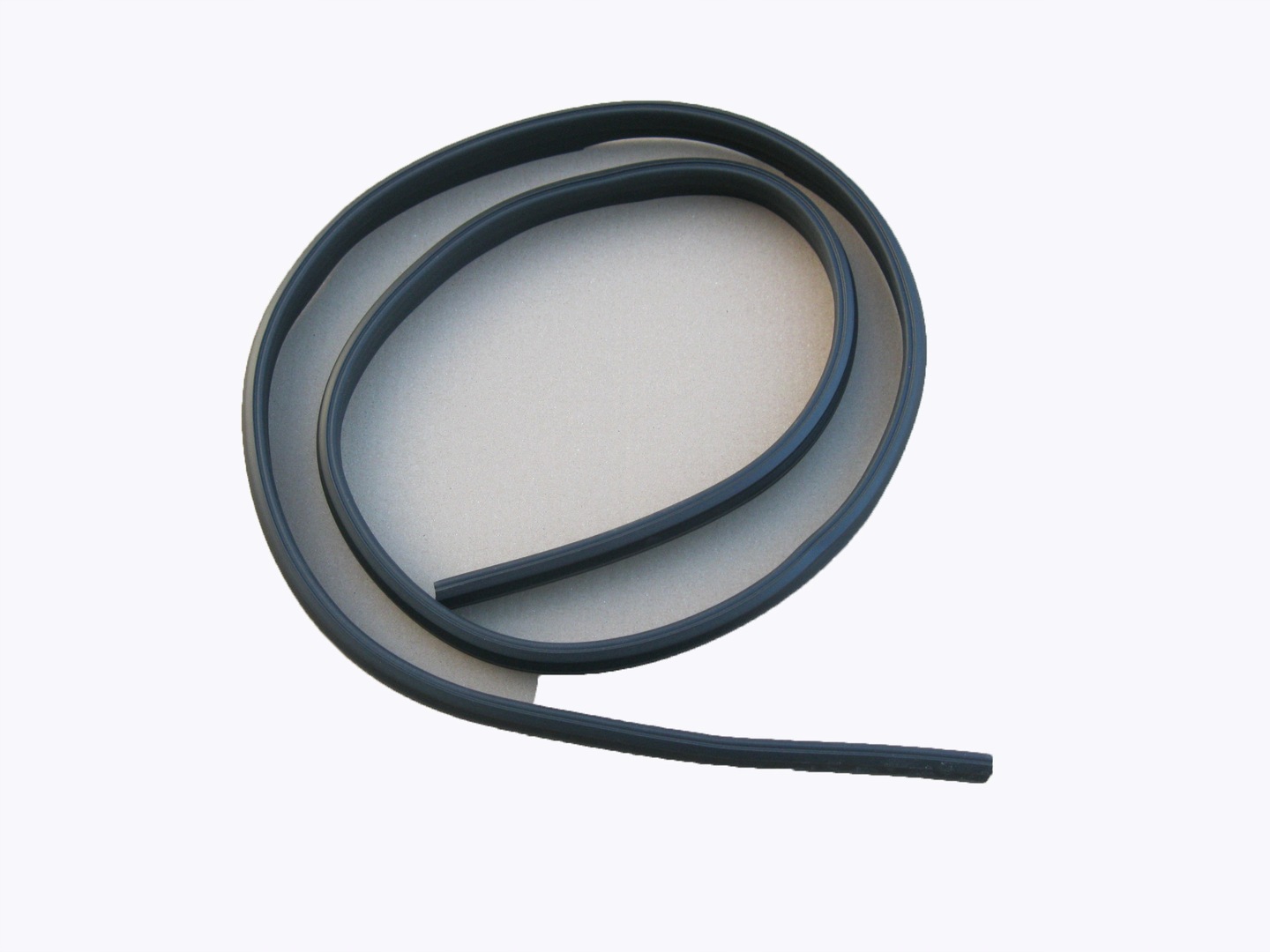Skincare is an essential aspect of personal care that involves maintaining and enhancing the health and appearance of the skin. With an ever-growing number of products, treatments, and trends, navigating the world of skincare can be overwhelming. This comprehensive guide aims to break down the basics of skincare, including the importance of a routine, essential ingredients, common Skin care concerns, and tips for achieving healthy, radiant skin.
Understanding Your Skin
Before diving into skincare routines and products, it’s crucial to understand your skin type. Skin can be categorized into several types, each requiring different care:
- Normal Skin: Balanced moisture levels, neither too oily nor too dry. Normal skin has a smooth texture, even tone, and few blemishes.
- Oily Skin: Excess sebum production leads to a shiny appearance, enlarged pores, and a higher likelihood of acne and breakouts.
- Dry Skin: Lacks moisture, often feeling tight or flaky. Dry skin may also be prone to redness and irritation.
- Combination Skin: A mix of different skin types, often with an oily T-zone (forehead, nose, chin) and dry or normal areas on the cheeks.
- Sensitive Skin: Prone to redness, irritation, and reactions to products or environmental factors. Sensitive skin requires gentle care and hypoallergenic products.
Skin Structure and Function
Understanding the skin’s structure can help explain how it functions and why specific products work. The skin consists of three main layers:
- Epidermis: The outermost layer, which provides a barrier and contains cells that produce melanin (pigment) and keratin (protein).
- Dermis: The middle layer, containing connective tissue, hair follicles, sebaceous (oil) glands, and blood vessels. This layer is responsible for the skin’s strength and elasticity.
- Hypodermis: The innermost layer, composed of fat and connective tissue. It helps insulate the body and absorb shock.
The Importance of Skincare
- Protection: The skin acts as a barrier against environmental aggressors, such as UV rays, pollution, and bacteria. A proper skincare routine can help strengthen this barrier.
- Prevention: Consistent skincare can prevent issues such as acne, premature aging, and sun damage. Early intervention is key to maintaining healthy skin.
- Health: Healthy skin reflects overall well-being. Conditions like dehydration, poor diet, and lack of sleep can manifest in the skin, making skincare a holistic approach to health.
- Confidence: Taking care of your skin can boost self-esteem and confidence. Healthy, radiant skin enhances your appearance and makes you feel good about yourself.
Building a Skincare Routine
A well-rounded skincare routine typically consists of several key steps. The specific products and ingredients you choose will depend on your skin type and concerns.
Step 1: Cleansing
Cleansing is essential for removing dirt, oil, makeup, and impurities. Choose a cleanser suitable for your skin type:
- Gel or Foaming Cleansers: Best for oily or combination skin, as they help control excess oil.
- Cream or Oil Cleansers: Ideal for dry or sensitive skin, as they provide hydration while removing impurities.
- Micellar Water: A gentle option for all skin types, effective for removing makeup and refreshing the skin.
Step 2: Exfoliation
Exfoliation helps remove dead skin cells, promoting cell turnover and revealing a brighter complexion. There are two types of exfoliation:
- Physical Exfoliants: Contain granules or beads that physically scrub the skin (e.g., scrubs and brushes). Use sparingly to avoid irritation.
- Chemical Exfoliants: Contain acids or enzymes that dissolve dead skin cells (e.g., AHAs, BHAs). These are often gentler and more effective for regular use.
Note: Exfoliate 1-3 times a week, depending on your skin type and the exfoliant used.
Step 3: Toning
Toners help balance the skin’s pH levels after cleansing and can provide additional hydration. They can also help remove any remaining impurities. Look for alcohol-free formulas with soothing ingredients.
Step 4: Treatment
This step includes targeted treatments for specific concerns, such as acne, dark spots, or signs of aging. Common treatments include:
- Serums: Concentrated formulas that deliver active ingredients directly to the skin. Choose serums based on your specific concerns (e.g., hyaluronic acid for hydration, vitamin C for brightening).
- Spot Treatments: Targeted applications for blemishes or dark spots. Ingredients like benzoyl peroxide and salicylic acid are effective for acne.
Step 5: Moisturizing
Moisturizers help hydrate the skin and lock in moisture. Choose a moisturizer based on your skin type:
- Gel-Based Moisturizers: Lightweight and ideal for oily skin.
- Cream-Based Moisturizers: Richer and better suited for dry skin.
- Oil-Based Moisturizers: Excellent for very dry or mature skin.
Step 6: Sun Protection
Daily sun protection is crucial for preventing sun damage and premature aging. Use a broad-spectrum sunscreen with at least SPF 30 every day, even on cloudy days.
Essential Ingredients for Healthy Skin
Understanding the key ingredients in skincare products can help you make informed choices. Here are some essential ingredients to look for based on your skin concerns:
- Hyaluronic Acid: A powerful humectant that attracts and retains moisture, making it ideal for dry skin.
- Vitamin C: An antioxidant that brightens the skin, evens out skin tone, and protects against environmental damage.
- Retinoids: Vitamin A derivatives that promote cell turnover and collagen production, effective for anti-aging and acne treatment.
- Niacinamide: A form of vitamin B3 that reduces redness, improves skin texture, and strengthens the skin barrier.
- Salicylic Acid: A beta hydroxy acid (BHA) that penetrates pores to exfoliate and clear acne.
- Glycolic Acid: An alpha hydroxy acid (AHA) that exfoliates the skin’s surface, promoting a smoother, brighter complexion.
- Peptides: Short chains of amino acids that help build proteins in the skin, promoting firmness and elasticity.
- Squalane: A moisturizing ingredient derived from olives or sugarcane that hydrates without clogging pores.
Common Skin Concerns
- Acne: A common skin condition caused by excess oil, bacteria, and clogged pores. Treatments include salicylic acid, benzoyl peroxide, and retinoids.
- Hyperpigmentation: Dark spots or uneven skin tone caused by sun exposure, hormonal changes, or acne scars. Ingredients like vitamin C, niacinamide, and retinoids can help.
- Aging: Fine lines, wrinkles, and sagging skin are natural parts of aging. Retinoids, peptides, and antioxidants can minimize signs of aging.
- Dryness: Flaky, tight skin can result from environmental factors or underlying conditions. Use rich moisturizers and hydrating ingredients like hyaluronic acid.
- Sensitivity: Redness, irritation, and reactions to products can indicate sensitive skin. Opt for gentle, fragrance-free products and avoid known irritants.
Lifestyle Factors Affecting Skin Health
- Diet: A balanced diet rich in vitamins, minerals, and antioxidants supports healthy skin. Foods high in omega-3 fatty acids (e.g., fish, flaxseeds), vitamins A, C, and E (e.g., fruits, vegetables), and hydration (e.g., water) can improve skin health.
- Hydration: Drinking enough water helps maintain skin hydration and overall health. Aim for at least 8 cups (2 liters) of water daily.
- Sleep: Quality sleep is essential for skin repair and regeneration. Aim for 7-9 hours of sleep each night to promote a healthy complexion.
- Stress Management: Chronic stress can negatively impact skin health, leading to breakouts and irritation. Practice stress-reducing techniques such as meditation, exercise, or yoga.
- Sun Exposure: Prolonged sun exposure can lead to skin damage, premature aging, and increased cancer risk. Always wear sunscreen and seek shade when outdoors.
The Role of Professional Treatments
In addition to at-home skincare routines, professional treatments can enhance skin health and address specific concerns. Common treatments include:
- Facials: Professional facials can deeply cleanse, exfoliate, and hydrate the skin. Different types of facials cater to various skin types and concerns.
- Chemical Peels: These treatments use acids to exfoliate the skin and improve texture, tone, and acne scars.
- Microdermabrasion: A non-invasive procedure that exfoliates the outer layer of skin, promoting cell turnover and a smoother complexion.
- Laser Treatments: Various laser treatments can target pigmentation, acne scars, and signs of aging, offering long-lasting results.
- Injectables: Treatments like Botox and dermal fillers can address fine lines and volume loss, providing a more youthful appearance.
Tips for Skincare Success
- Patch Test New Products: Always patch test new products to avoid adverse reactions, especially if you have sensitive skin.
- Be Consistent: Consistency is key to achieving healthy skin. Stick to your routine and give products time to work (usually 4-6 weeks).
- Adjust for Seasons: Your skin’s needs may change with the seasons. Consider lighter products in summer and richer formulas in winter.
- Avoid Over-Exfoliating: Exfoliating too often can damage the skin barrier. Stick to 1-3 times a week, depending on your skin type.
- Listen to Your Skin: Pay attention to how your skin reacts to products and adjust your routine accordingly. If irritation occurs, discontinue use and consult a dermatologist.
Conclusion
Achieving healthy, radiant skin is a combination of understanding your skin type, establishing a consistent skincare routine, and making informed choices about products and ingredients. By prioritizing skincare and adopting a holistic approach that includes a balanced diet, hydration, and stress management, you can enhance your skin’s health and appearance. Remember that everyone’s skin is unique, so be patient and find what works best for you. With time and care, you can enjoy the benefits of beautiful, glowing skin.



